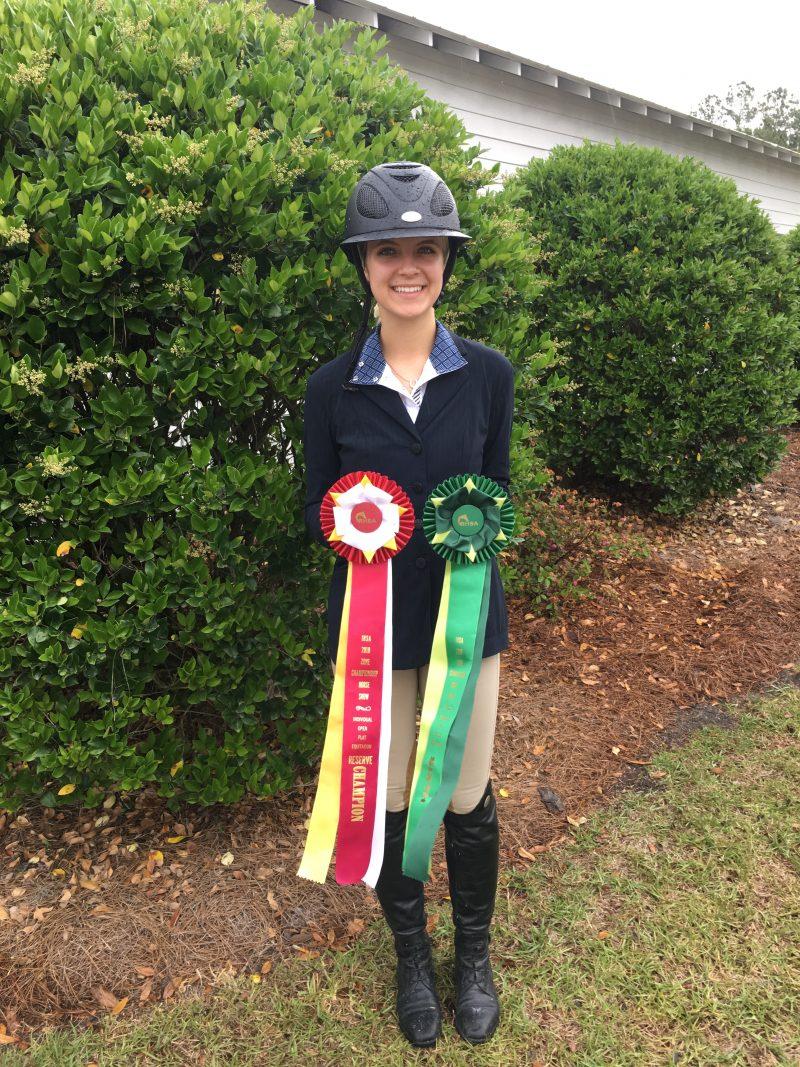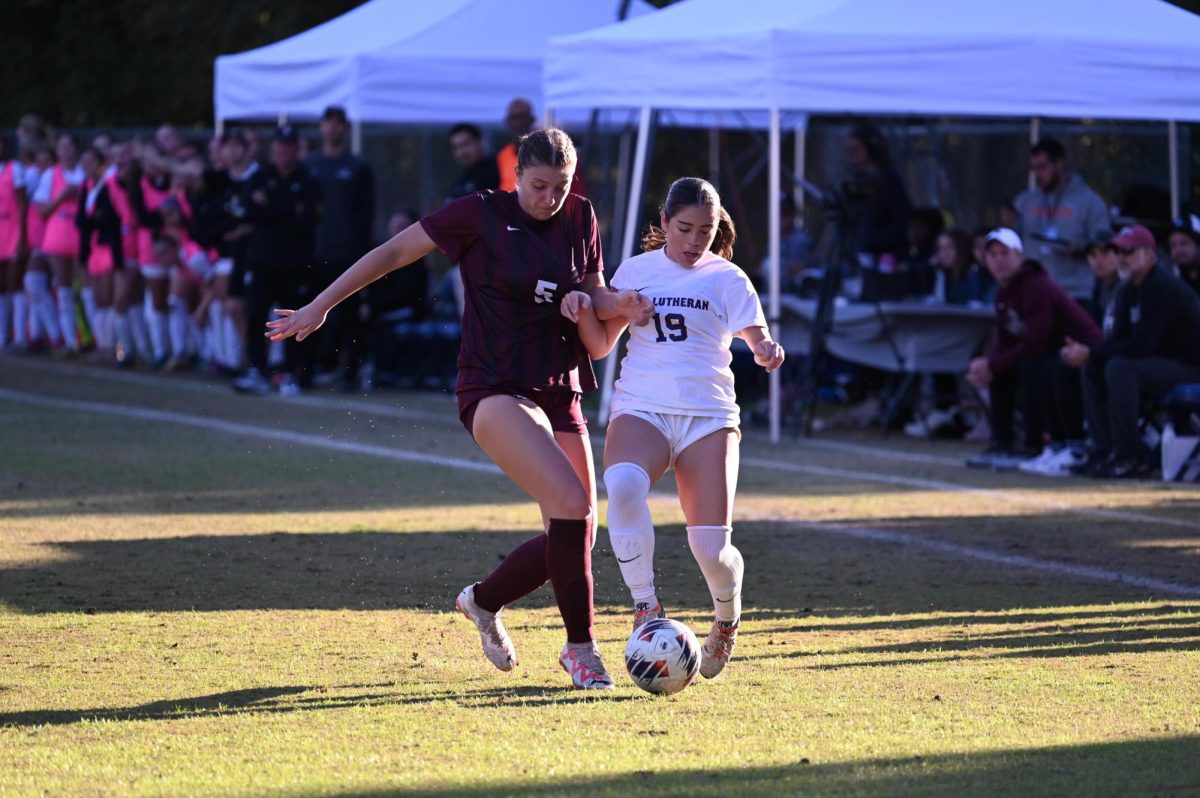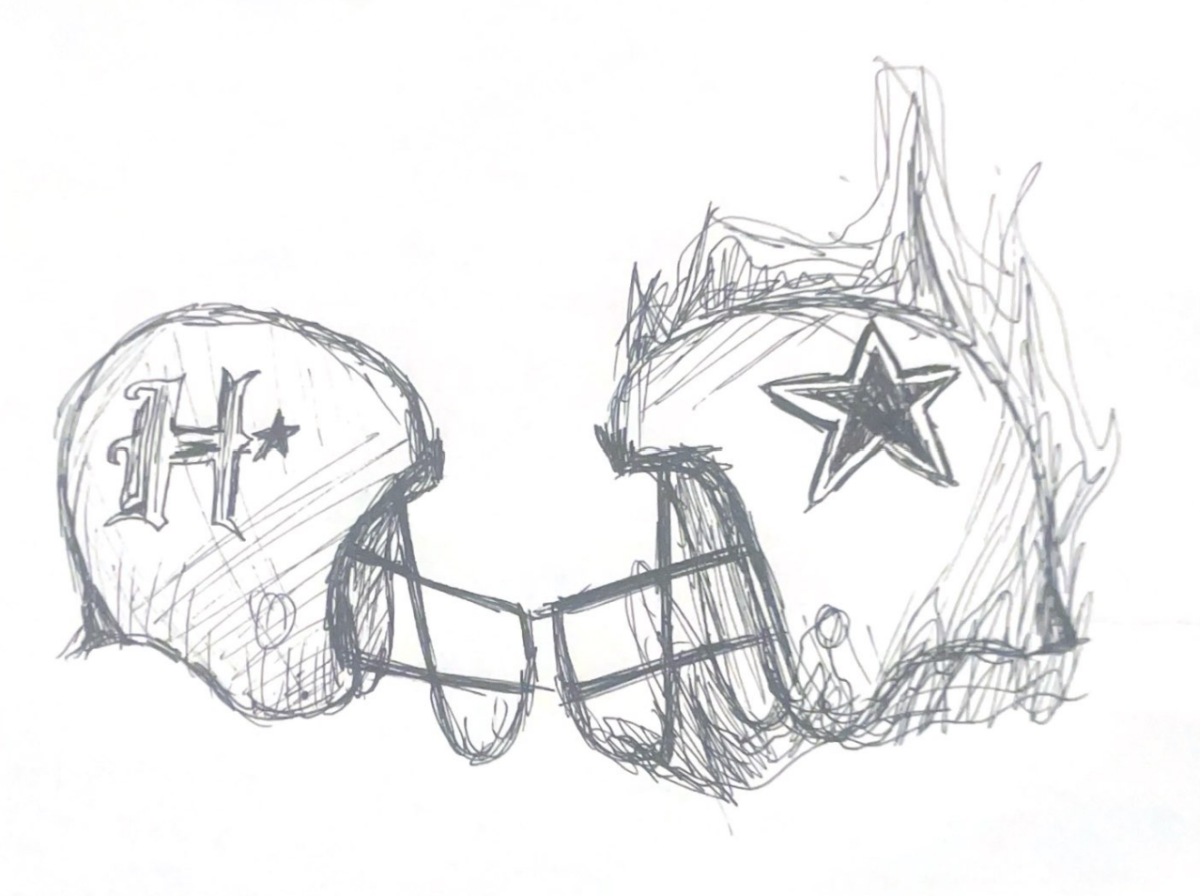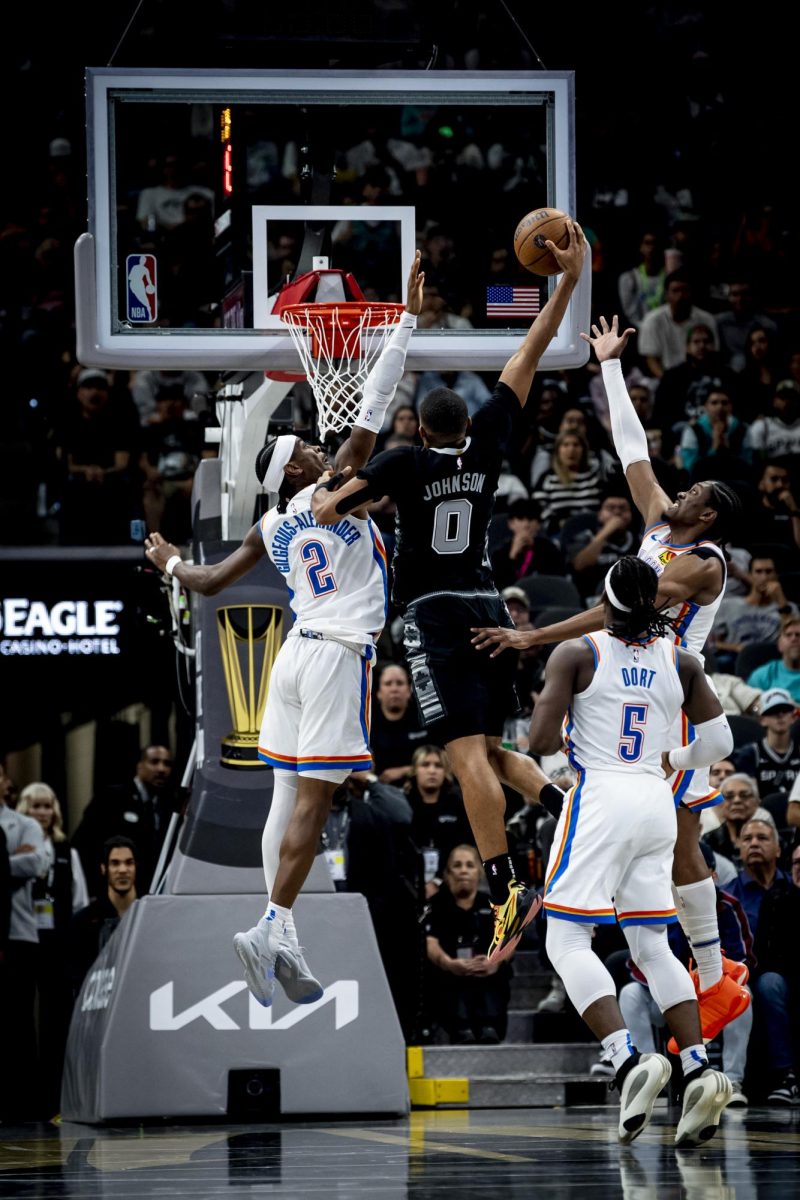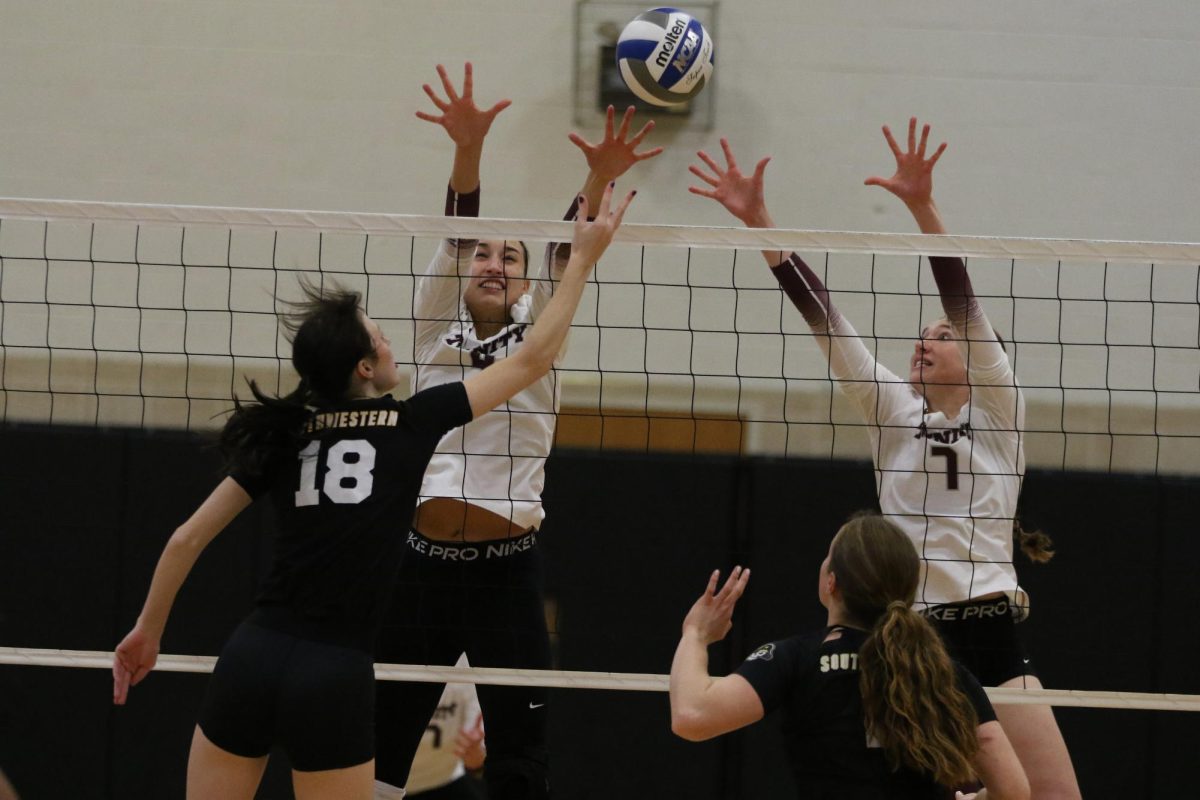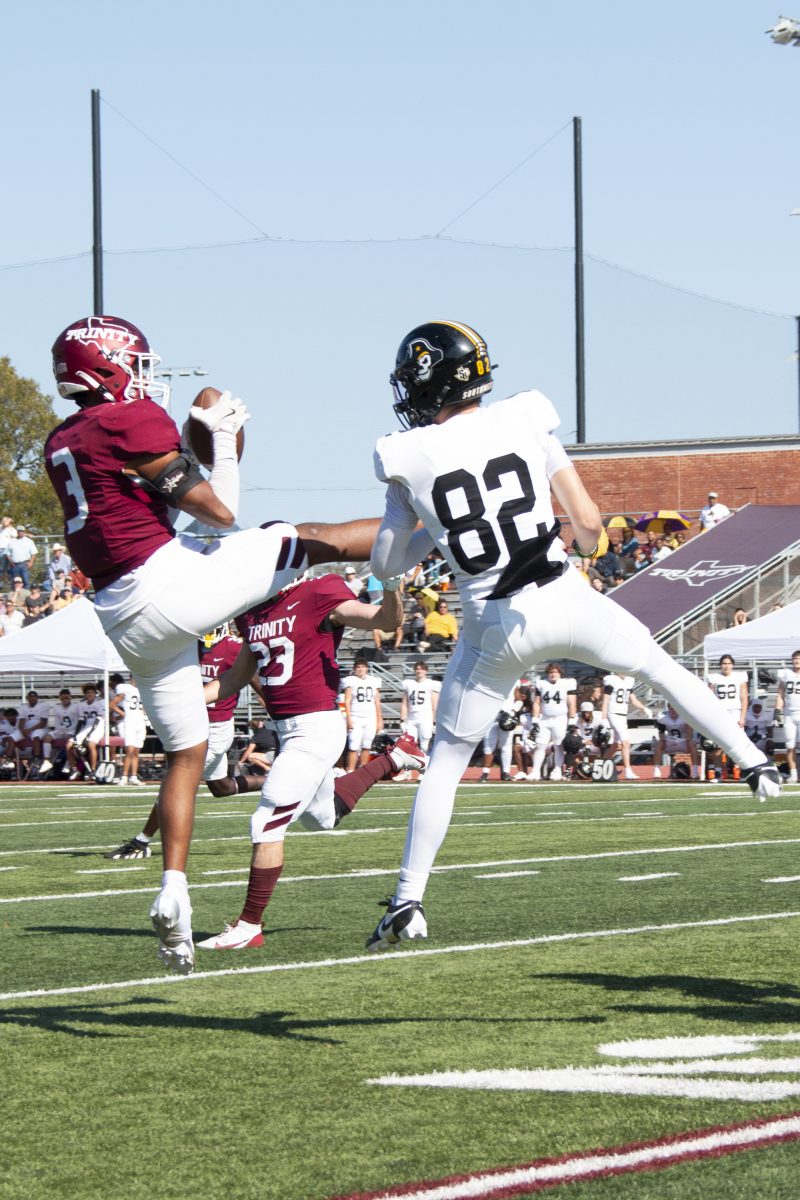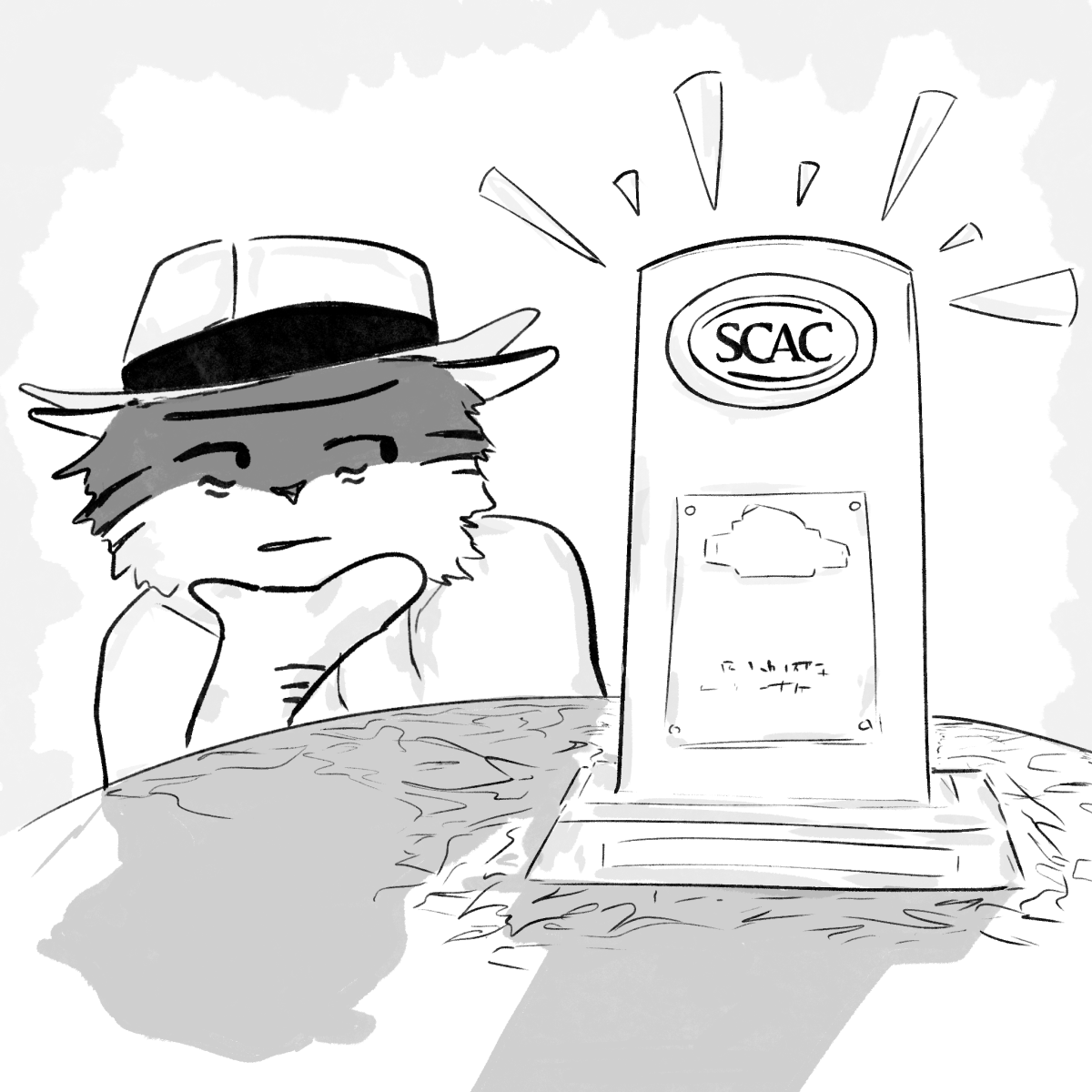Kids grow up playing sports. It’s a way of life, a rite of passage of being a kid. Oftentimes, a few years of a sport is enough until a kid gets bored or realizes they aren’t good enough for a higher level of competition. In a world full of LeBron James, being a Brian Scalabrine doesn’t cut it.
Senior Chelsea Runacres is an exception. Competing in equestrian competitions since the age of 10, Runacres has moved her way up the equestrian totem pole.
Runacres’ interest in horses started from a young age, a result of a trip to the zoo with her mom when she was three years old.
“There was a pony ride at the zoo when I was 3 years old that I loved so much. I told my mom that day that I wanted to continue riding horses,” Runacres said.
Fortunately, her mom obliged. When she was about seven, her parents enrolled her in casual equestrian lessons that met twice a week. By the age of 10, Runacres had moved on to the point of competing in equestrian competitions 3–5 times a week, traveling all over the country to show off her skills.
Runacres has continued to compete until where she is now: captain of the Trinity equestrian club team and qualified for nationals in Harrisburg, PA in May. Being able to attend the Harrisburg competition is no small feat. Over 9,000 riders from 400 colleges nationwide compete for 160 spots. Runacres earned her spot by placing second in the open class at the regional horse show in Savannah, GA this past month.
The Trinity equestrian club has been around since the 1950s. Currently, there are 10 total team members. There are different categories of competition within an entire equestrian competition. The most difficult event, or class, is called flat classes, which Chelsea will be competing in Harrisburg. Flat classes are those that do not involve jumping, where participants are judged by a group of judges on how the horse trots, walks and canters.
“It’s basically a giant game of Simon Says. The judges call out an action and the rider must get the horse to perform the action properly and gracefully,” Runacres said.
The flat competitions are scored based on the preferences of the judges. There is no point scale in the competition, but rather the judges rank the competitors from 1–16. The second event class found in an equestrian competition is known as over-fences classes, in which the horse and rider jump over obstacles. This competition is scored on a scale of 1–100, with a score of about 85 being considered a strong score. The rider is judged on position and effectiveness of riding aids (communicating with the horse).
Chelsea Runacres, a girl from Seattle whose family had absolutely no prior experience with horses, would probably never have imagined competing on the equestrian big stage.
“Prior to Trinity, I had never even been to Texas before. I knew I wanted to continue to ride in college though, and Trinity has given me that opportunity,” Runacres said. “My four years on the team have been wonderful and really a huge part of my experience overall at Trinity.”
Despite her impending graduation, Chelsea has high hopes for the Trinity equestrian team’s future.
“I know I’m leaving the team in super capable and caring hands; the rising seniors are going to just continue to kick butt and promote the sport we love so much,” Runacres said.

